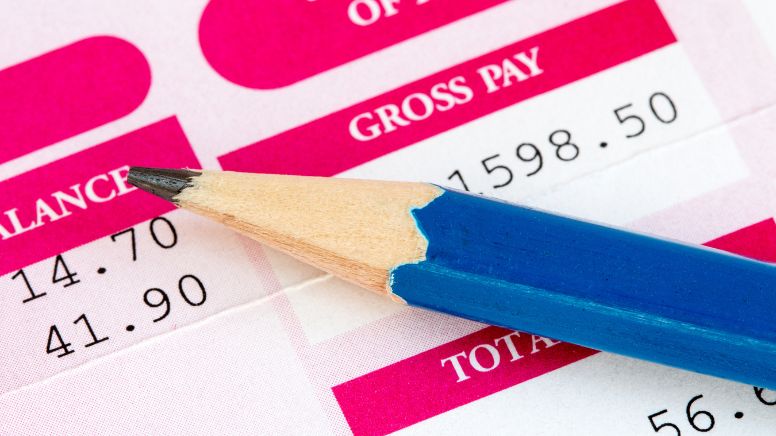Salary
Here’s one thing you probably don’t know about your colleagues: Their salary

When you spend 37 hours a week with the same people, you likely get to know a thing or two about their coffee preferences - as well as their lives outside work.
However, when it comes to salary, we clam up about the figures on our payslips. But why is it so dangerous to talk about salary and how do you break the taboo? Pay transparency is one of the most powerful tools for getting rid of pay differences between men and women.
A new study among IDA's private sector members shows that only one in four talks to their colleague about what they get paid and one in three replies that they don’t like to talk about pay because "pay is a personal matter”. According to Lars Budde Nielsen, chief legal consultant at IDA, a lot of people actually want to talk about pay, but do not do so because it can be awkward.
Requires a culture change in the management corridors
Lars Gottlieb Jørgensen recognises that it is difficult to start a conversation about salary negotiation. He is 39 years old and works in a large Danish industrial company. He personally does not speak openly about salary, but wishes he felt comfortable doing so.
"It is difficult to talk about salary because I grew up with it being a private matter. I don't talk to my siblings about it either. I would like to, but I think it is crossing the line to ask others what they earn," says Lars Gottlieb Jørgensen.
At the same time, he points out that employers in particular play an important role, because openness about pay for many workplaces will require a culture change.
"It is rarely put into words, but I find that it is implicitly communicated from the employer that salary is a private matter. If employers took the lead and were advocates for openness about pay, it would be much easier to talk about.”
According to the Equal Pay Act, you as an employee have the right to pass on information about your own salary to anyone - this also means that, for example, confidentiality clauses in employment contracts are illegal.
The recent study shows that the proportion who speak openly about pay drops significantly with age. While 46 percent of members under the age of 30 talk to their colleagues about pay, only 6 percent of members between the ages of 60 and 64 talk about pay.
How to get salary transparency in your workplace
No secrets
Dorte Højland Castberg is 39 years old and works as a Regulatory Affairs Specialist - and she does not hesitate to tell what she earns. "I make DKK45,500 a month." Dorte happily talks openly about her salary. In fact, she believes that the more transparency, the better. "It's just a number, there's nothing more to it. I definitely think that you should be as open as possible.”
At the same time, Dorte Højland Castberg emphasises that it can be a sensitive subject because there can be a big difference in what you earn internally in your department.
Dorte pay special attention to the difference between the public and private sectors in the labour market. She has previously been employed in the public sector, where she experienced a greater deal of transparency. Specifically, her former union representative held a meeting after the annual salary negotiations, where he presented each employee's salary in a long excel sheet.
In the private sector, Dorte Højland Castberg experiences that there is a greater difference in salaries, which is why it is also more sensitive to talk openly about. "Lately, I have been a little less open about my salary, because I have the feeling that it is not something we should discuss. But this is not something we have been told directly," says Dorte Højland Castberg.
New EU directive to ensure transparency
In Denmark, it is illegal to pay men and women differently based on their gender, yet figures from IDA's salary statistics show that men earn on average 4 percent more than women, also when education, work experience, sector, industry and work function are taken into account.
A new EU directive is meant to put an end to this by ensuring open payrolls in companies. It is expected that the directive will become Danish legislation in 2026. The aim is to reduce the pay gap between men and women by creating more transparency.
See analysis of the pay gap between IDA's privately employed women and men (in Danish)